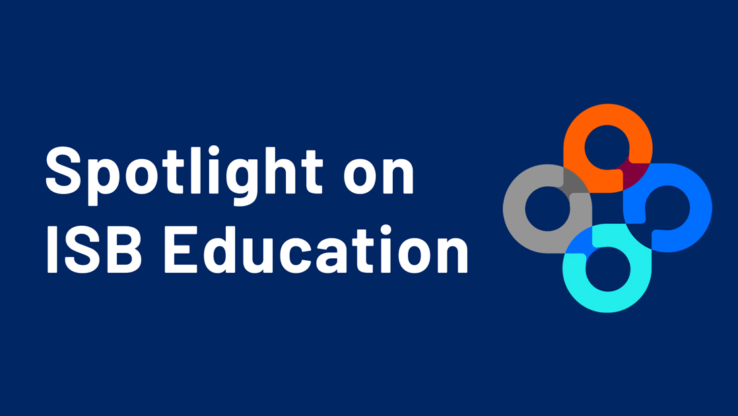Slow Motion Video Booth at ISB
 isbscience.org/news/2014/01/24/slow-motion-photo-booth-at-isb/
isbscience.org/news/2014/01/24/slow-motion-photo-booth-at-isb/Institute for Systems Biology held its holiday party on Jan. 18, 2014. We hired Super Frog Saves Tokyo to set up a slow-motion video booth and this was the result. It's never boring at ISB! Doing systems biology research is serious work. But that doesn’t mean we can’t be irreverent. I encourage you to take a moment to watch the really, really fun video from our holiday party. We worked with a Seattle company called Super Frog Saves Tokyo (SFST) to set up a slow-motion-video booth at our party. SFST captured the video footage on a RED Epic camera, which is the type of camera that has been used to shoot major motion pictures such as The Hobbit and Thor: The Dark World. SFST pioneered this “party favor” and the first video quickly went viral after it was released in August 2013. We wanted our researchers and staff to experience the latest technology in party booths and it was a hit.




